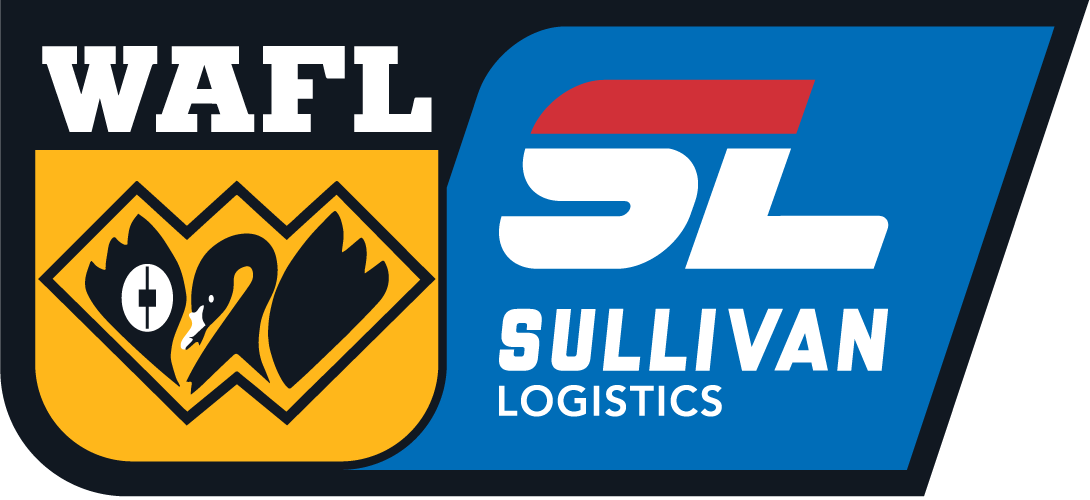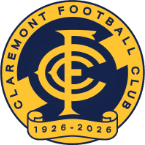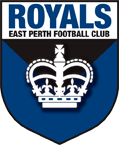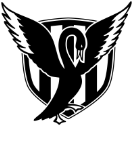

| Round | Competition | Opposition | K | H | D | M | T | HO | FF | FA | G | B |
|---|
| 2004 | Hall of Fame Legend |
| 2004 | Hall of Fame Inductee |
| 1970 | Fairest & Best (Swan Districts) |
| 1970 | Sandover Medal (Swan Districts) |
| 1969 | Fairest & Best (Swan Districts) |
| 1968 | Fairest & Best (Swan Districts) |
| 1967 | Sandover Medal (Swan Districts) |
| 1967 | Simpson Medal (State Game) (Western Australia) |
| 1966 | Sandover Medal (Swan Districts) |
| 1966 | Fairest & Best (Swan Districts) |
| 1965 | Fairest & Best (Swan Districts) |
| 1965 | Sandover Medal (Swan Districts) |
| 1961 | Club Leading Goalkicker (Swan Districts) |
PLAYER: 1961-76
GAMES: 326: Swan Districts 305; WA 21
PREMIERSHIPS: 1961-63
HONOURS: Sandover Medal 1965-67, 70; Swan Districts fairest and best 1965-67, 70; Captain 1969-75; captain-coach 69-71; Lindy Award for WA sportsman of the year 1966-67; Simpson Medal 1967 (WAvSA); All Australian 1969; Carnival team Hobart 1966; WA Hall of Sporting Champions; WAFL Life Member
The exploits of champion rovers Bill Walker and Barry Cable captured the imagination of the football public in the 1960s. Their clashes attracted huge attention and despite contrasting styles, little separated them in ability. Between them they won seven Sandover Medals but when Walker collected three in a row, Cable was runner-up by one vote every time. Walker is widely regarded as the best player to represent Swan Districts. The son of a Narembeen farmer, he was born in New Zealand while his parents were on a working holiday. At the end of 1960 at 18, he had shown enough skill at Narembeen to attract the attention of all eight WAFL clubs.
On his father’s advice, he chose Swan Districts, the wooden spooners. Walker refused to live in Perth and travelled from Narembeen each week in that first year. But, in a fairy tale start to his career, the tenacious rookie played in Haydn Bunton’s history making premiership team in 1961. He was No 2 rover to Bunton and played mainly out of a forward pocket, where he proved to be a lively goal kicker. He was fleet of foot, a strong kick, a good goal kicker and his great body strength – the legacy of carrying bags of wheat on the family farm – made him a dangerous in and under player. Walker was torn between football and his responsibilities on the farm but his father convinced him to keep playing.
A magnificent state player, he represented WA from 1962-71, only missing out in 1970 through injury. When WA beat SA in 1967, he won the Simpson Medal for what many still believe is the best roving performance on Subiaco Oval. He turned down repeated offers from VFL clubs.
| Season | Competition | Club | Matches | K | H | D | AVG | M | T | HO | FF | FA | G | B |
|---|
| Competition | Matches | K | H | D | AVG | M | T | HO | FF | FA | G | B |
|---|














